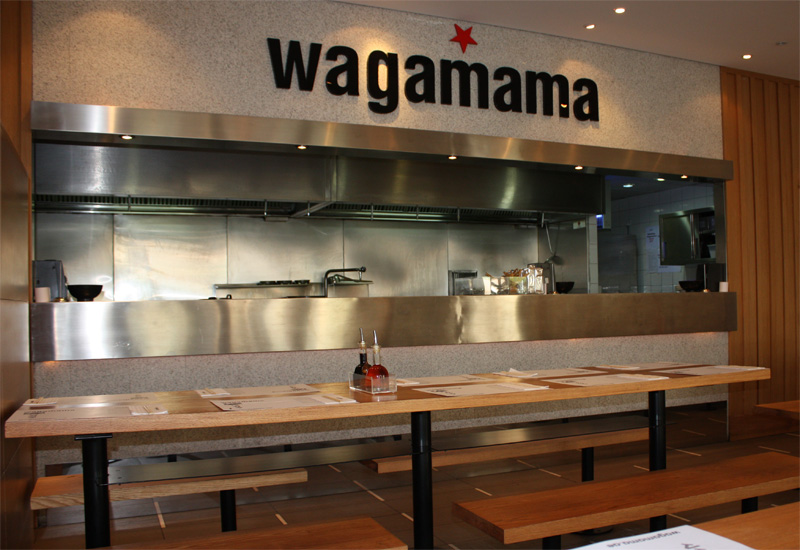RMAL has not had to venture into any major hiring campaigns in the past few years, but now the group is looking at adding two more restaurants to its portfolio and will be recruiting teams for them.
“In addition to our own database and networks, we’ll use recruitment services to help us with this,” says Bergman.
Meanwhile Gourmet Gulf’s Abou Jaoude points out that it can be tricky staffing restaurant brands comprising not just one outlet, but a whole chain — often across different countries.

| Advertisement |
“Today, Gourmet Gulf employs more than 600 people and operates more than 25 restaurants in eight cities — Dubai, Abu Dhabi, Manama, Kuwait, Muscat, Jeddah, Mumbai and soon Dhahran,” he lists.
The bigger picture
But that same broad brand distribution that could potentially cause issues can also be used as a strength, says Abou Jaoude.
By showing staff, however scattered, that they belong to a bigger picture — to a regional team striving to achieve more for the brand as a whole — the firm can inspire, motivate and develop its employees.
“We support teamwork, advancement and commitment. Our objective is to offer a working environment promoting mutual trust, best practices and partnership,” explains Abou Jaoude.
Now the downturn has pared away the ‘casual dining cowboys’, it seems the region’s serious operators are committed to delivering what the customer wants and taking advantage of growing demand for value and quality.
But when the sting of the economic bite recedes, there will be a new set of difficulties to deal with — as Tribe’s Breg points out.
“The key driver for sector growth is population and tourism growth and the availability of new sites,” he points out.
The upcoming report analyses population and tourist data — and flags up planned malls as key opportunities for operators looking to secure a firmer foothold in both the region and consumers’ mind.
But securing a space in these new developments won’t be the only issue operators have to contend with: they will need to think long and hard about the location and its long-term viability, says Breg.









 Search our database of more than 2,700 industry companies
Search our database of more than 2,700 industry companies









